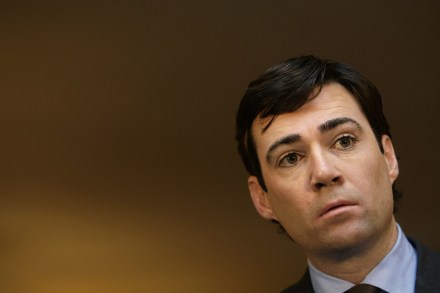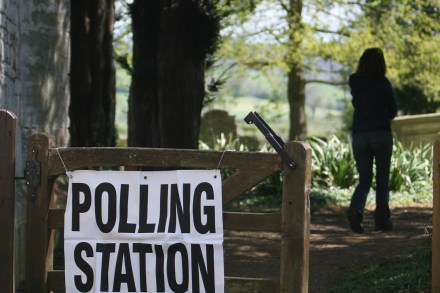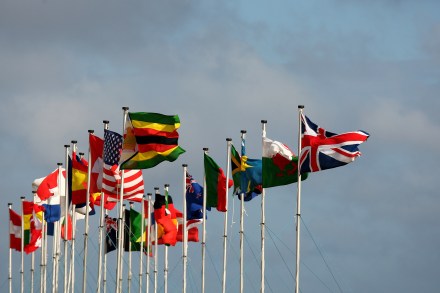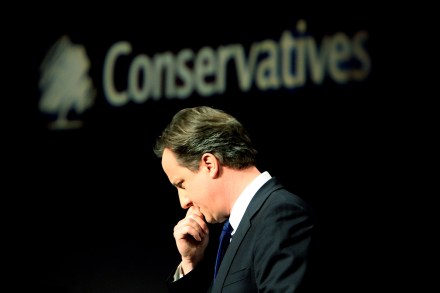Establishing free schools will be a difficult – but worthwhile – challenge
The small crowd of demonstrators from a group calling itself the Anti-Academies Alliance who gathered outside the Spectator conference on The Schools Revolution yesterday gave an indication of the opposition that Michael Gove and the Conservatives would face, were they to win the election and attempt the radical overhaul of which the British education system is so obviously in need. The thing that came across in our brief but passionate debate with the protestors was their opposition to independence, wherever it may raise its head in schools. Choice, to these people, is anathema. Undeterred, Gove’s speech majored on the virtues of independence. He criticised the present government for waging ‘a

















